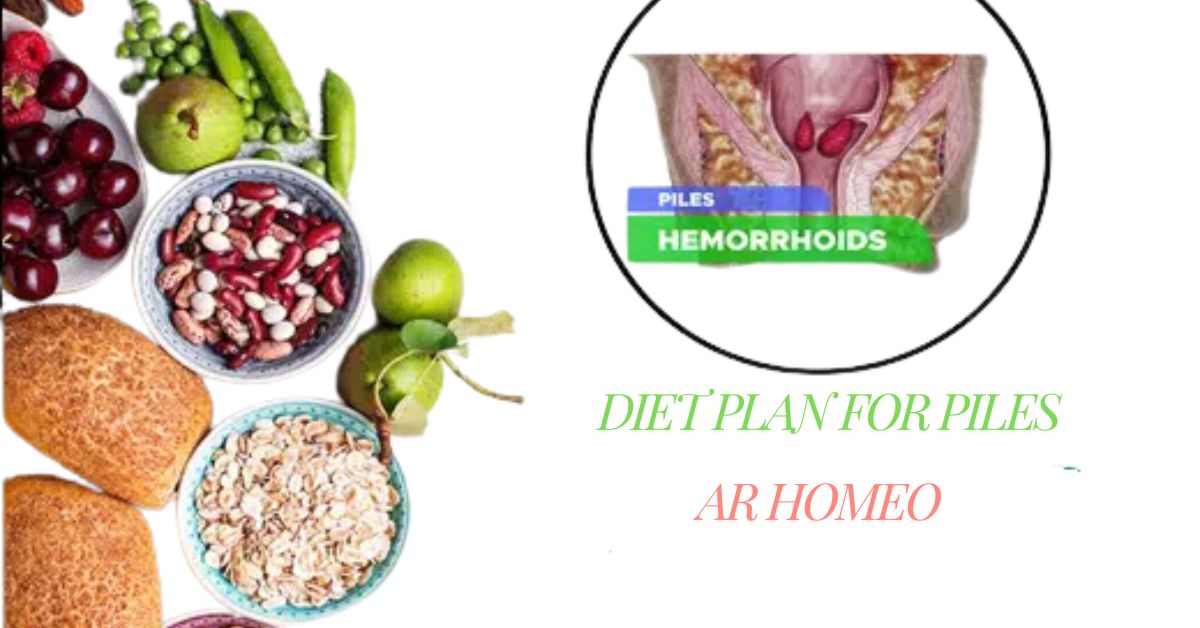A proper diet plays a vital role in managing piles. To alleviate symptoms and prevent flare-ups, it’s essential to focus on foods that ease bowel movements and reduce straining. Incorporating high-fiber foods like fruits, vegetables, and whole grains helps maintain regularity and softness of stool. Staying well-hydrated also supports smoother digestion. Limiting spicy foods, caffeine, and alcohol can further prevent irritation. Embracing these dietary adjustments can contribute significantly to comfort and digestive well-being.
Which food is best for piles
For managing piles, opt for high-fiber foods to ease bowel movements. Best choices include fruits like apples and pears, vegetables such as spinach and carrots, whole grains like oats and brown rice, and legumes such as lentils and beans. These foods help soften stool and promote regularity. Additionally, incorporating nuts and seeds can provide extra fiber and nutrients. Drinking plenty of water throughout the day is also essential for maintaining soft stools and reducing strain during bowel movements.
Can I eat chapati in piles
Yes, chapati can be beneficial for piles. It is made from whole wheat flour, which is high in fiber and helps with bowel regularity. Eating chapati can aid in preventing constipation and reducing strain during bowel movements, which is important for managing piles. To enhance its benefits, ensure you consume chapati with plenty of water and other fiber-rich foods like fruits and vegetables. This combination helps maintain soft stools and supports overall digestive health.
Is egg good for piles
Eggs can be part of a balanced diet for piles, but they should not be relied on as a primary source of fiber. While eggs provide protein and essential nutrients, they do not contribute much to bowel regularity. For optimal management of piles, focus on including high-fiber foods like fruits, vegetables, and whole grains in your diet. Combining eggs with these fiber-rich foods can help support overall digestive health and alleviate symptoms associated with piles
Best food diets to cope with Piles
To manage piles effectively, focus on a diet rich in fiber. Eat plenty of fruits such as apples, pears, and berries, and incorporate vegetables like carrots, spinach, and broccoli. Whole grains like brown rice, oats, and whole wheat products are also beneficial. Legumes such as beans and lentils provide additional fiber. Drinking ample water is essential to keep stools soft. Additionally, avoid spicy foods, excessive caffeine, and alcohol to prevent irritation. This approach helps reduce symptoms and promotes regular bowel movements.
Foods to Avoid In Piles
To manage piles effectively, it’s best to avoid
Spicy Dishes: They can irritate the digestive tract and worsen symptoms.
Highly Processed Foods: Often low in fiber and can lead to constipation.
Red Meat: Can be hard to digest and may contribute to constipation.
Full-Fat Dairy: May cause bloating or aggravate constipation in some people.
Fried Items: High in unhealthy fats that can slow digestion.
Caffeinated Drinks: Can dehydrate and exacerbate constipation.
Alcohol: Might lead to dehydration and irritation of the gut.
Piles friendly recipes to try
Here are some piles-friendly recipes that adhere to dietary guidelines:
Oatmeal with Fruits: Cook oats with water or low-fat milk and top with fruits like berries or bananas. This provides fiber and helps with digestion.
Vegetable Soup: Use a variety of vegetables such as carrots, spinach, and tomatoes. Add beans for extra fiber and make sure to use low-sodium broth.
Lentil Salad: Combine cooked lentils with chopped vegetables like cucumbers, bell peppers, and tomatoes. Dress with a light olive oil and lemon vinaigrette.
Quinoa and Vegetable Stir-Fry: Cook quinoa and stir-fry with vegetables like broccoli, bell peppers, and carrots. Season lightly with herbs and spices.
Fruit Smoothie: Blend fruits like apples, pears, and berries with a handful of spinach and some water or low-fat yogurt for a fiber-rich drink.
The role of diet in hemorrhoid management
Diet plays a crucial role in managing hemorrhoids by promoting regular bowel movements and reducing strain. High-fiber foods are essential, as they help soften stool and prevent constipation, which can aggravate hemorrhoids. Foods such as fruits, vegetables, whole grains, and legumes are excellent sources of fiber. Staying hydrated by drinking plenty of water is also important for maintaining stool softness. Additionally, avoiding spicy foods, caffeine, and alcohol can prevent irritation and discomfort. A balanced diet that emphasizes fiber and hydration supports effective hemorrhoid management and overall digestive health.
Lifestyle habits for hemorrhoid management
To manage hemorrhoids effectively, adopt the following lifestyle habits
Eat a High-Fiber Diet: Include fruits, vegetables, whole grains, and legumes to prevent constipation.
Drink Plenty of Water: Stay hydrated to keep stools soft.
Exercise Regularly: Engage in activities like walking or swimming to support healthy digestion.
Avoid Prolonged Sitting: Take breaks to reduce pressure on the rectal area.
Maintain Good Hygiene: Clean the area gently and use moist wipes or a sitz bath to minimize irritation.
Avoid Straining: Don’t strain during bowel movements to reduce pressure.
FAQ
FAQ: Diet Plan for Piles
Q: What types of foods should I include in my diet to manage piles?
A: Focus on high-fiber foods to ease bowel movements. Include fruits like apples and pears, vegetables such as carrots and spinach, whole grains like oats and brown rice, and legumes like beans and lentils. These foods help soften stools and prevent constipation.
Q: How important is hydration in managing piles?
A: Hydration is crucial. Drinking plenty of water helps keep stools soft and reduces straining during bowel movements, which can alleviate piles symptoms.
Q: Are there specific foods I should avoid to prevent worsening piles?
A: Yes, avoid spicy foods, processed foods, red meat, full-fat dairy products, and excessive caffeine or alcohol. These can irritate the digestive system and contribute to constipation or discomfort.
Q: Can I eat eggs if I have piles?
A: Yes, eggs can be part of a healthy diet for piles, but they should be combined with fiber-rich foods. Eggs provide protein but do not contribute to fiber intake.
Q: Is it okay to eat chapati if I have piles?
A: Yes, chapati made from whole wheat flour is high in fiber and can help manage piles by aiding in bowel regularity and reducing strain. Ensure it is part of a balanced, fiber-rich diet
Conclusion:
In conclusion, a diet plan for managing piles should prioritize high-fiber foods to ease bowel movements and prevent constipation. Incorporate a variety of fruits, vegetables, whole grains, and legumes while staying well-hydrated. Avoid irritants like spicy foods, processed items, and excessive caffeine or alcohol. By following these dietary guidelines, you can alleviate symptoms, reduce discomfort, and support overall digestive health. Maintaining a balanced diet along with proper hydration and healthy habits will contribute significantly to effective piles management.

